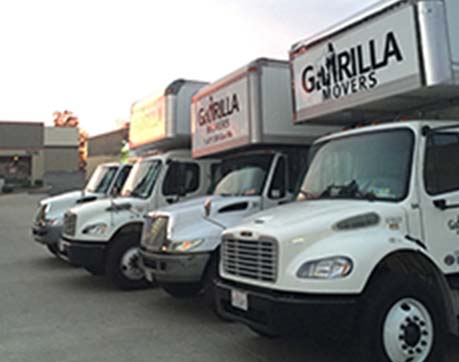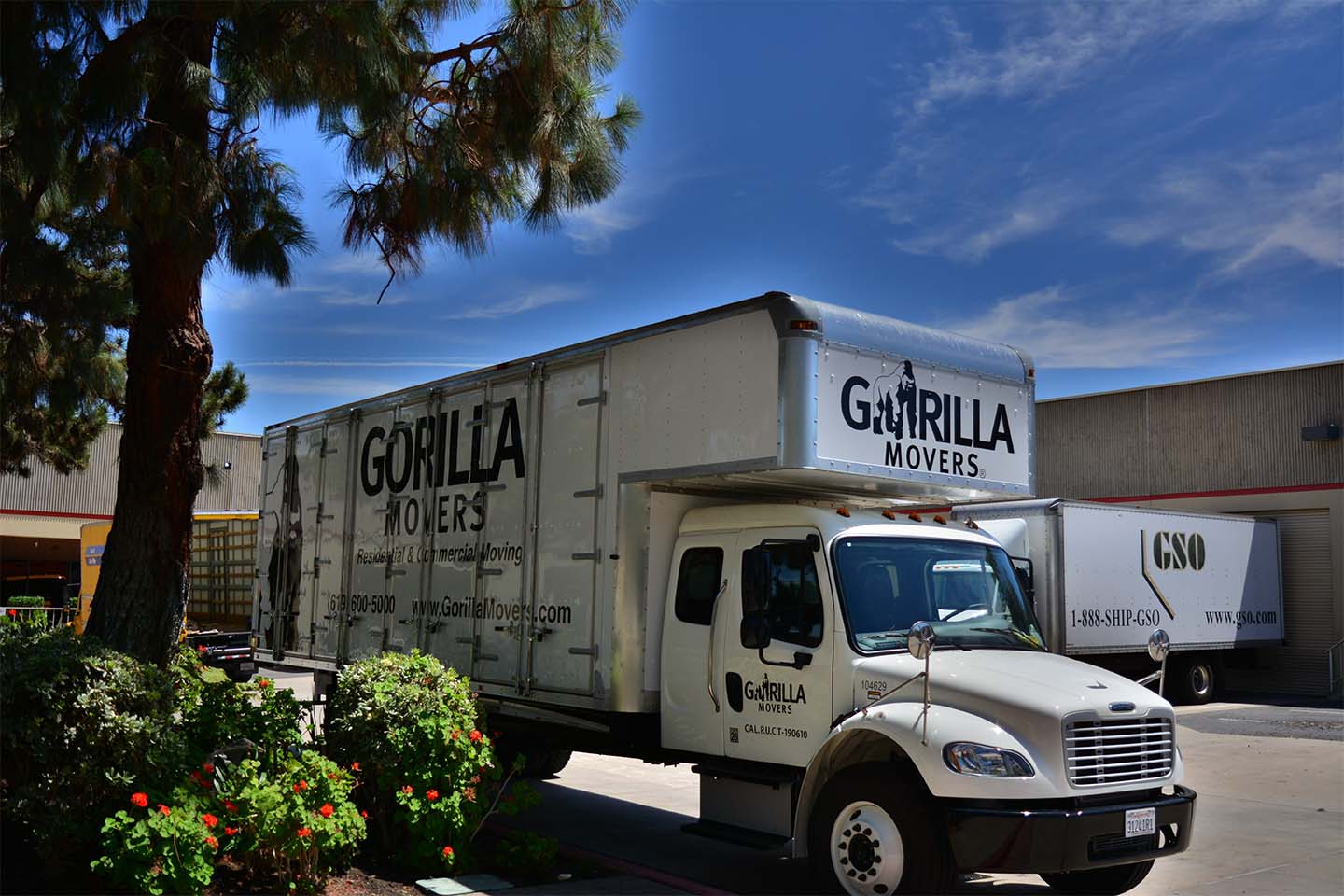Avoiding Common San Diego Moving Mistakes
Top 10 Moving Mistakes Are you getting ready to close on the purchase of a new home? Congratulations! The window of time you are under contract and in escrow is the perfect amount of time to get ready for a move. There are definitely ways to make the process go as smoothly as possible. Plan ahead and you’ll avoid these 10 costly moving mistakes.
Not going through and getting rid of old and unused stuff from your currrent home, and not planning where everything else will be going in your new home.
O.k., maybe these are two things, but they’re important and go hand-in-hand. Whether you’re downsizing or upgrading, a move is one of the biggest events in your life. It’s a great opportunity to re-evaluate what’s most important to you, and what kind of lifestyle you want to have in the future. Let go of items that are no longer necessary, and make sure that what you want to keep will have it’s own designated space in your new home. This is one of the most crucial steps, and often overlooked by home buyers.
Not backing up your computer and making extra copies of files and documents.
A move is a very physical experience, both for you and for your stuff! Electronics get jostled around, stored in warm vehicles, and exposed to the elements. Same goes for paper documents. Before you move, make sure to make copies of all essential household files and documents, both in electronic and paper form. These include, but are not limited to, insurance paperwork, essential medical paperwork, birth & marriage certificates, etc. Pack away one set for the move, and keep another set with you.
Scheduling your move on the same day of closing.
While most buyers take possession of their new home on the day of closing, this is not going to be the day that buyers move into their new home. This is the day the sellers move out, and buyers can receive keys at the end of the day. It’s a good idea to give yourself a couple days to clean your new home, add window coverings if necessary, and allow some flexibility in move-in timeframe in case the escrow process needs to be extended for a few days unexpectedly. Be sure to keep in constant communication with your escrow company so as not to delay your moving plans.
Choosing a moving company based on price alone.
You could end up spending more time and money in the end trying to fix a moving disaster. Quality service is essential. Check out the company’s references (try to get two), licensing, insurance and length of time in business. Not making a first night survival kit. Or a 3-night survival kit. Better to be safe than sorry. If your shipment hasn’t arrived or you’re simply too tired to unpack everything, you’ll be thankful to have an accessible overnight bag with some essential items you’ll need when you’re in your new place. Clothing, toiletries, medications, children’s and pet’s necessities etc. are all essential to have with you and not in the moving truck.

Not using a dolly or a hand truck.
Whether you’re moving yourself or just rearranging things after a professional move, the money you spend to rent or buy moving equipment will pay for itself by dodging back strains and chiropractic visits.
Refusing extra coverage for loss and breakage.
The basic limited liability coverage offered to you, free of charge, by the movers will not be sufficient. And most homeowners’ policies don’t cover items broken or lost in a move. Extra insurance can be purchased through an independent insurance company, which will cover you for the duration of the move. Your mover will be able to direct you to a company that will bind your move.
Not labeling boxes.
When packing boxes, make sure you label the top and sides of boxes with contents, location of contents in your house and any special instructions, such as “fragile” or “open first.” Especially for storage items that will be going into cupboards or closets, be sure to write a list on the outside of the box with the contents. It doesn’t do much good to just write “kitchen” on the boxes. You may end up digging through several boxes just to find the pancake skillet for breakfast the first morning.
Not keeping your receipts.
If you’re moving closer to a job, your moving costs may be tax-deductible. Keep receipts for moving household goods, utility change fees and lodging and travel expenses. However, if your employer covers those costs, you won’t be allowed to deduct them.
